As we delve deeper into the cold season, the familiar symptoms of sore throats, runny noses, and body aches seem to strike with even more ferocity than usual. This year, with other winter viruses circulating, it's more important than ever to understand how to fight off these infections effectively. The good news is that our ability to combat colds is closely linked to factors within our control, such as stress, sleep, diet, alcohol intake, smoking, and even sex (yes, it boosts our immunity).
“A lot of the symptoms we experience when we have a cold are due to our immune response, and not the virus itself,” explains Dr. Lindsay Broadbent, a lecturer in virology at the University of Surrey. “For most common cold type viruses, you just have to let them run their course, but by easing symptoms, you’ll feel better and possibly shorten how long you suffer for.”
Here’s a comprehensive guide to help you stave off a cold—or at least get through the symptoms more comfortably at home.
1. Prioritize Sleep
The best thing you can do for your cold-ridden body is absolutely free and will be welcome news: get into bed. “Our circadian rhythm (internal clock) and sleep are linked to our immune system, and not getting enough sleep is associated with a higher risk of getting respiratory infections,” says Dr. Broadbent. A study found that subjects who slept for seven hours or more were almost three times more likely to develop a cold than those who had eight or more hours of sleep. Fundamentally, our bodies need rest to recover.
Dr. Chris Smith, a consultant specializing in clinical microbiology and virology at the University of Cambridge, adds that a lack of sleep also makes us less efficient at responding to preventative vaccines, like the flu jab. But the main reason sleep helps is simpler: “Essentially, how much you’re suffering with a cold is about how you perceive the symptoms, and while you’re asleep, you won’t notice them,” says Dr. Smith. “Hence why we use the phrase ‘sleeping it off.’ You will likely feel tired when your body is busy fighting infection, so give in to it.”
If you can’t sleep because of a blocked nose, using pillows to prop yourself up may help. Make sure any over-the-counter drugs taken at nighttime don’t contain caffeine.
2. Drink Lots of Fluids
We’ve all had doctors instruct us to “drink plenty of fluids” when we’re suffering from a viral infection. Although there’s limited evidence as to why this may be effective, it’s thought that hydration levels may promote the action of immune cells. You don’t need to gulp down 2 liters of water—tea and coffee also work. “Any fluid is better than nothing, and tea and coffee are mostly water anyway,” Dr. Smith says. “Drink when you’re thirsty; there’s no need to force gallons down.” Caffeine might also pep you up if you’re feeling sluggish.
He advises steering clear of alcohol, which will suppress your immune system further. But even sugary drinks get the green light. “If someone is running a fever and a fizzy drink is the one thing they crave, that’s fine; the extra calories won’t hurt, especially if you’re feeling less like eating.”
3. Make Your Own Saline Solution
Recently, scientists have found that saline nasal drops can reliably shorten a child’s cold by two days, in addition to reducing the risk that they’ll pass the bug on to their parents or other family members. Prof. Steve Cunningham of the University of Edinburgh, who worked on the randomized controlled trial, says, “We found that children using salt water [saline] nose drops had cold symptoms for an average of six days, whereas those with usual care had symptoms for eight days.”
A solution with the salt concentration used in the study—2.6 percent—can’t be bought over the counter, but it’s easily made at home. Simply mix three teaspoons of iodine and preservative-free salt with one teaspoon of baking soda, and store it in an airtight tub. When you want to put a solution together, combine a teaspoon of that mixture with around 200ml of boiled water, then wait until it’s lukewarm before using. If it burns or stings your child’s nose, water the solution down.
4. Try Elderberry Syrup
Julie Macken, a medical herbalist who founded the natural skincare company Neve’s Bees, suggests drinking water sweetened with elderberry syrup. “Elderberry has been found to shorten the length of time from illness caused by both influenza A and B viruses, and can also be used prophylactically (preventatively) during the winter months,” she explains.
You can make your own by simmering 2.5kg of fresh ripe elderberries in a saucepan (no water needed), then mashing and straining them through a sieve. Add 500g of sugar to the strained juice and gently simmer for 20 minutes. Once thickened to the consistency of runny honey, pour into sterilized bottles. The berries can be foraged in the autumn, but freeze-dried ones are sold in whole food stores and online.
“As well as the berries, elderflowers are also very helpful and encourage sweating to break a fever,” adds Macken. “Use one heaped teaspoon of dried flowers per cupful of boiling water and allow it to infuse for five minutes.”
5. Honey, Garlic, and Ginger
A warm drink made with honey is the first thing Dr. Broadbent personally reaches for when she feels a cold coming. “Honey has antimicrobial properties; it soothes my sore throat and tastes pretty good,” she explains. Studies on children with symptoms ranging from a runny nose to fever found that a single nighttime dose of honey may have a small influence on their cough and aid sleep.
Garlic, meanwhile, has long been in medicinal use. “Chinese herbalists were documented as using it as far back as 2700 BC,” observes Macken. “It has antimicrobial and expectorant activities, which help you to loosen up ‘phlegm.’”
Macken suggests making a “honey garlic” concoction: crush 3-4 peeled garlic cloves in a pestle and mortar, cover with 3-4 teaspoons of good-quality honey, and leave for 24 hours. Start by eating one teaspoon, but it will keep for many months. “It might not sound appealing, but for respiratory infections and chesty coughs, it works wonders,” says Macken.
Similarly, ginger is a natural ingredient often hailed as a cold-buster. “Very strong flavors producing that warming sensation, ginger acts as a strong distraction from, say, your runny nose,” says Dr. Chris. “So some of these remedies work in placebo ways; the fiery sensation in your mouth stops you from dwelling on your blocked-up nose.”
6. Vitamin C
Many of us stock up on vitamin C tablets, hoping they will offer some protection, or reach for orange juice. “One review of published studies suggests that vitamin C may have more of a noticeable effect when someone is suffering from more severe symptoms,” says Dr. Broadbent. One study she cites found that taking 1-2mg of vitamin C daily cut the duration of colds by 8 percent for adults and 14 percent for children, as well as reducing the severity of symptoms.
However, there are caveats. “One of the biggest misconceptions is that you can fend off a cold by loading up on vitamin C in isolation, which will likely just result in very expensive vitamin C-rich urine,” Dr. Smith explains. “If you are well-nourished from eating well, you will be better defended against a virus. The only thing that cures a cold is your immune system, so you need to get that working as efficiently as possible overall.”
7. Vitamin D
Dr. Smith doesn’t recommend wasting money on any supplements, with the one exception of vitamin D, which he takes himself. “We don’t get enough sunshine in the winter in the UK to make it the natural way,” he says. “Vitamin D affects the tone of your immune response, so this is worth topping up on.”
During the Covid-19 pandemic, some studies associated a deficiency in vitamin D with more severe disease, adds Dr. Broadbent.
8. Zinc
The mineral zinc is also thought to help reduce the length and severity of a cold, if taken early. “Zinc helps boost the neutrophils (a type of white blood cell) that act as your immune system’s first line of defense,” says Macken. Zinc-rich foods include cacao powder, cashews, and other nuts, seeds, and beans. Studies have suggested that combining zinc with vitamin C could provide even quicker symptom relief.
9. Echinacea (Is It Actually Worth It?)
Echinacea—a group of flowering plants in the daisy family—has long enjoyed a reputation as a dietary supplement to ward off colds. “The use of it is based on the idea that it might stimulate the immune system to more effectively fight infection,” explains Macken. “Both the roots and the flowers are often taken as an infusion in a drink or as a tincture in alcohol.”
While studies show that taking echinacea might slightly reduce your chances of catching a cold, it won’t shorten the length of a cold, and most virologists wouldn’t promote it.
10. Paracetamol, Ibuprofen, and Aspirin
Simple paracetamol and ibuprofen are the winners for Dr. Chris. “They won’t clear an infection, but they will help lower temperatures and relieve headaches. Both things should be used as symptom relievers so you can take it easy and recover, rather than taking pills so you can keep on working at full pelt.”
For tackling sore throats, he suggests gargling aspirin. “This takes the drug directly onto the tissue that’s inflamed, making it excellent symptomatic relief. Gargling salty water—making sure to spit it out afterward—also works.”
11. Nasal Sprays
“Some nasal sprays may change the environment in your nose, which means that any viruses released from your infected cells have a hard time infecting other cells in your airways,” says Dr. Broadbent. Dr. Simon Clarke, an associate professor in cellular microbiology at Reading University, recommends using Vicks First Defence when you first notice cold symptoms. “It snares the virus in your upper airways and nasal cavity and stops it from spreading,” he explains, adding that if you catch it early, it works “about 80 percent of the time.”
12. Night Nurse
Night Nurse is the best-known brand, and some chemists have their own versions, which generally contain:
- Paracetamol (to ease aches)
- Promethazine (sedating antihistamine)
- Dextromethorphan (cough suppressant)
Many people find this combination can aid sleep, which is crucial for feeling better. “What these types of drugs can do is unclog your airways,” explains Dr. Smith. “Everyone assumes a blocked-up nose means massive amounts of snot clogging it up. While you might have slightly more, the real issue is that the hole the snot has to get through (your nasal passage) has shrunk because the inflammation has caused the airway tissues to double in size. It’s this constriction of space in the nose that makes you feel blocked up.”
“So first, these drugs reduce secretions, and secondly, they constrict blood vessels, reducing inflammation in the airways. Bluntly put, the amount of space that you’ve got available for the snot to fit through becomes bigger, so it’s easier to breathe.”
13. Vapour Rubs
“Menthol or eucalyptus rubs and gels can help us feel like we are breathing clearer, even though, in reality, the reason we can’t breathe through our nose is due to inflammation in the lining of the airways,” says Dr. Broadbent. Using a dollop of Vicks vapour rub in a bowl of hot water and allowing the steam to clear your airways (covering your head with a towel) is an old trick for clearing congestion.
“Peppermint has excellent decongestant properties and helps clear thick catarrh (build-up of phlegm), whether from the sinuses, ear, or lungs,” explains Macken.
A Holistic Approach to Cold Relief
While there’s no cure for the common cold, these tips and tricks can help alleviate symptoms and potentially shorten the duration of your illness. From prioritizing sleep and staying hydrated to using natural remedies and over-the-counter medications, a holistic approach is key. Remember, the best defense against colds is a strong immune system, so focus on maintaining a healthy lifestyle year-round. And if you do catch a cold, give your body the rest and care it needs to recover.
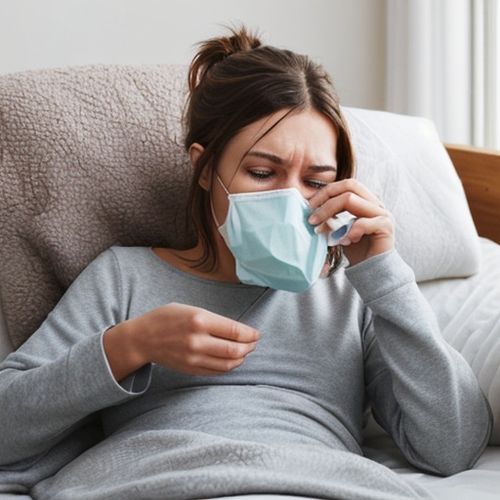
By Sarah Davis/May 19, 2025
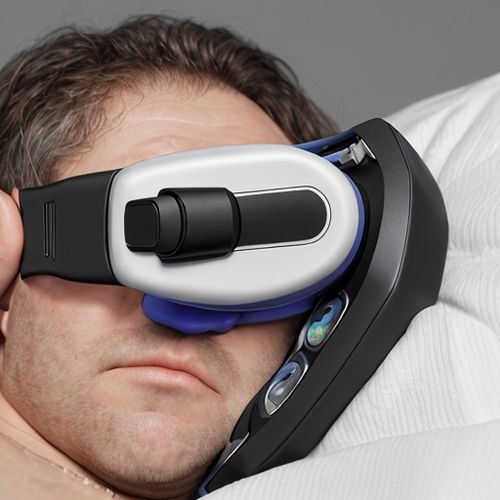
By Natalie Campbell/May 19, 2025

By George Bailey/May 19, 2025

By Lily Simpson/May 19, 2025

By David Anderson/May 19, 2025

By Olivia Reed/May 19, 2025
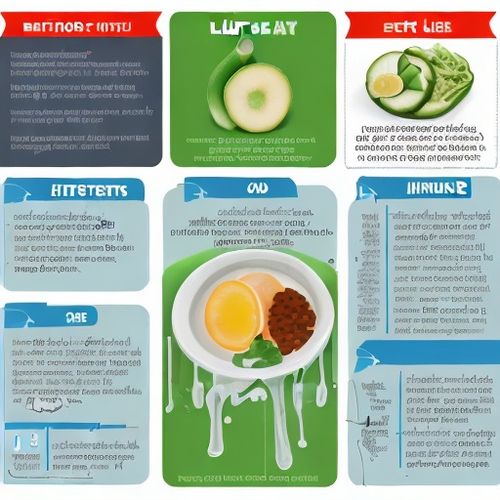
By Amanda Phillips/May 19, 2025

By Sophia Lewis/May 19, 2025
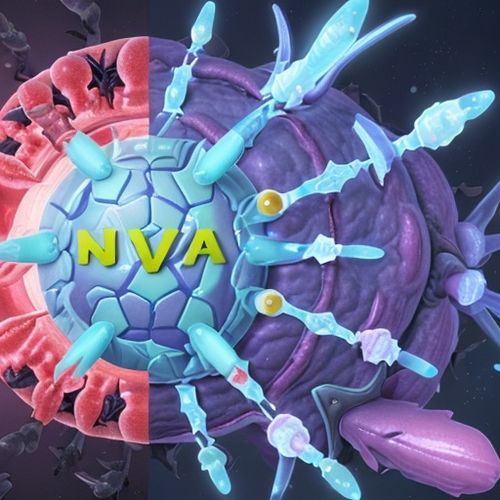
By Olivia Reed/May 19, 2025
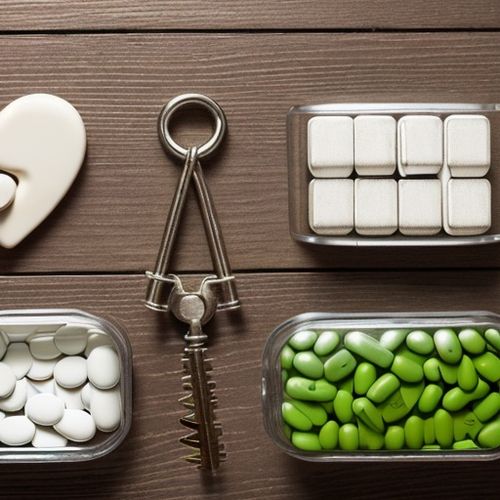
By Emily Johnson/May 19, 2025

By John Smith/May 18, 2025

By Eric Ward/May 18, 2025

By Jessica Lee/May 18, 2025

By Jessica Lee/May 18, 2025

By Sophia Lewis/May 18, 2025

By Rebecca Stewart/May 18, 2025

By Emily Johnson/May 18, 2025

By Rebecca Stewart/May 18, 2025

By Megan Clark/May 18, 2025

By Megan Clark/May 18, 2025